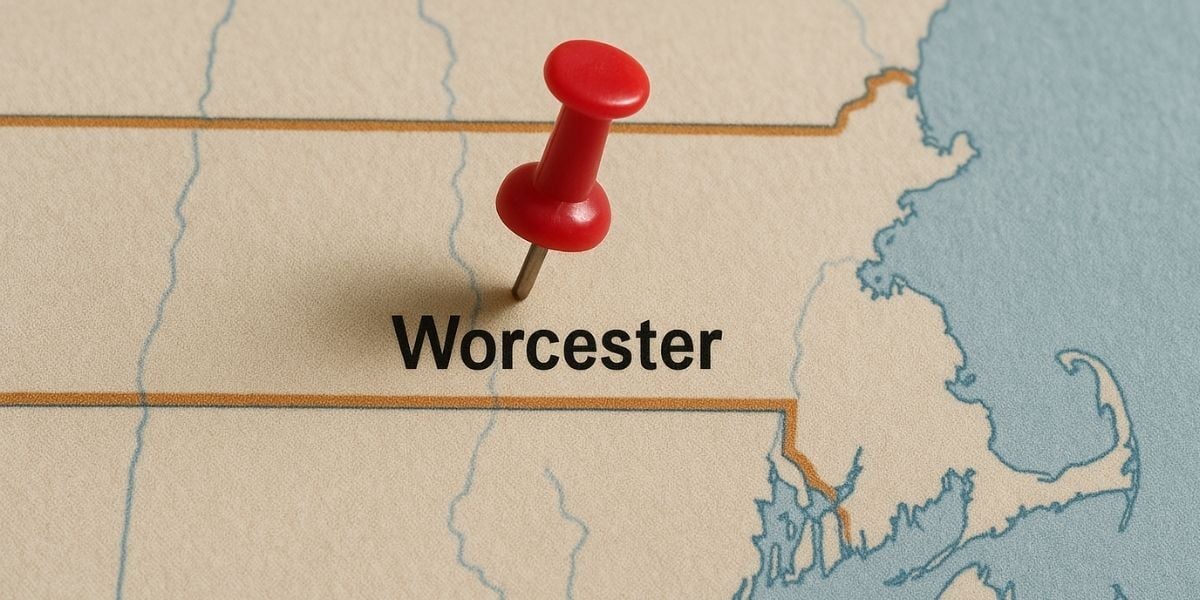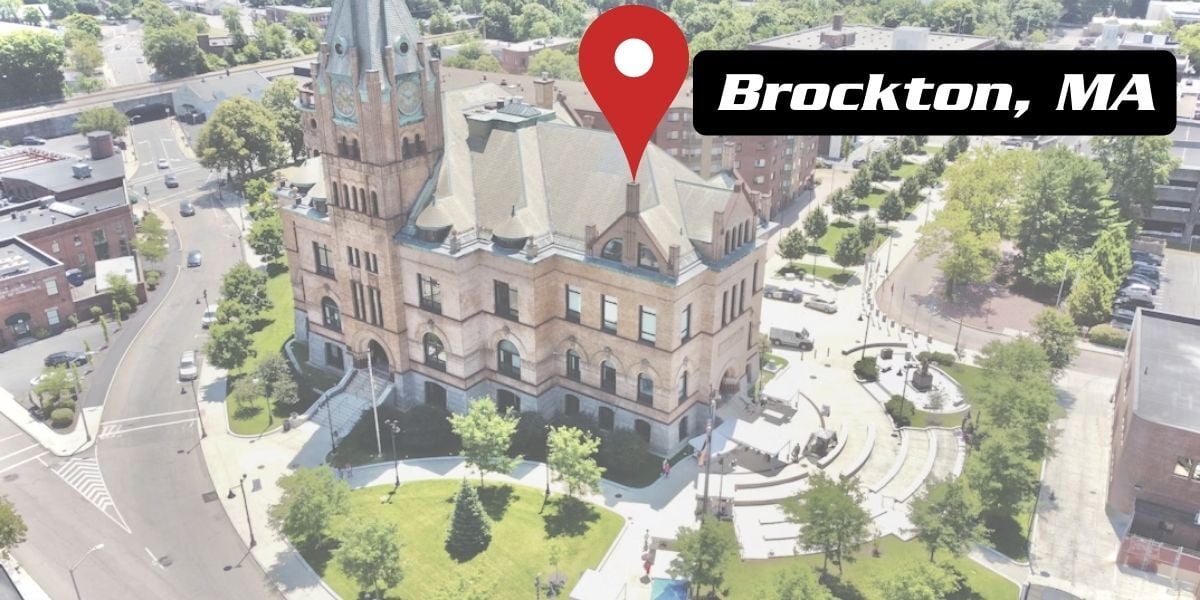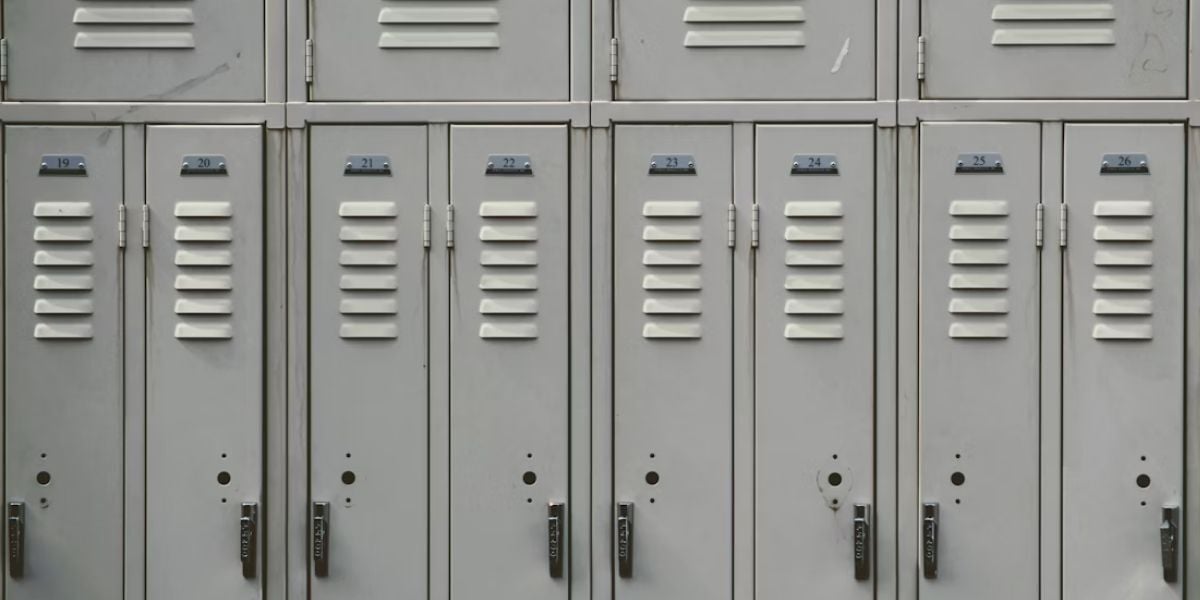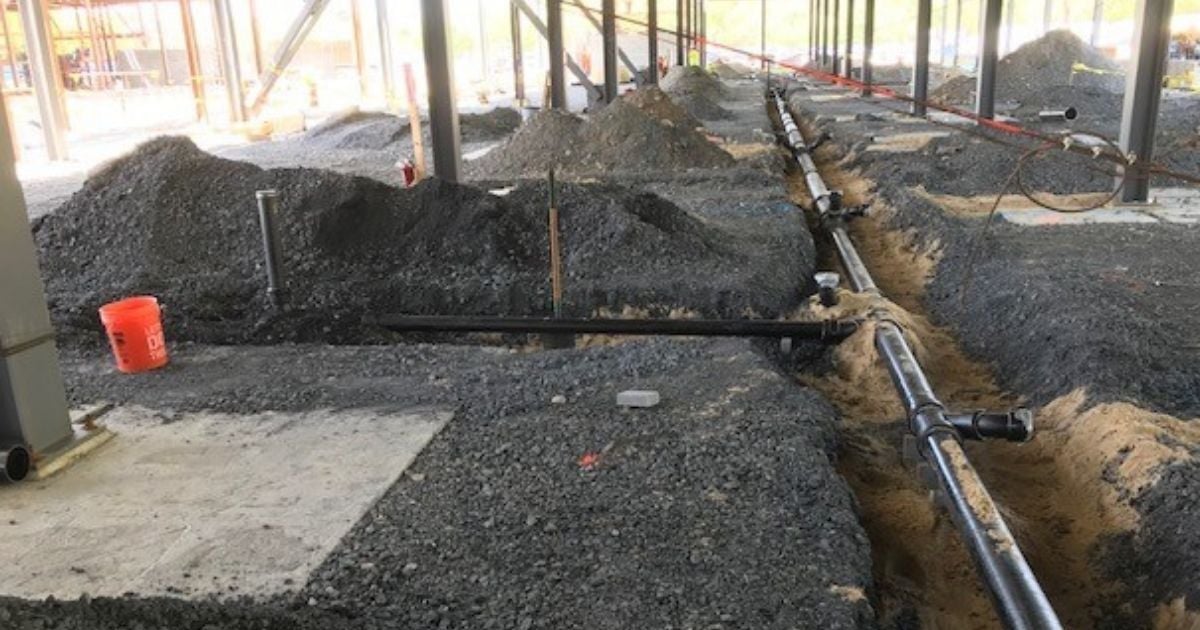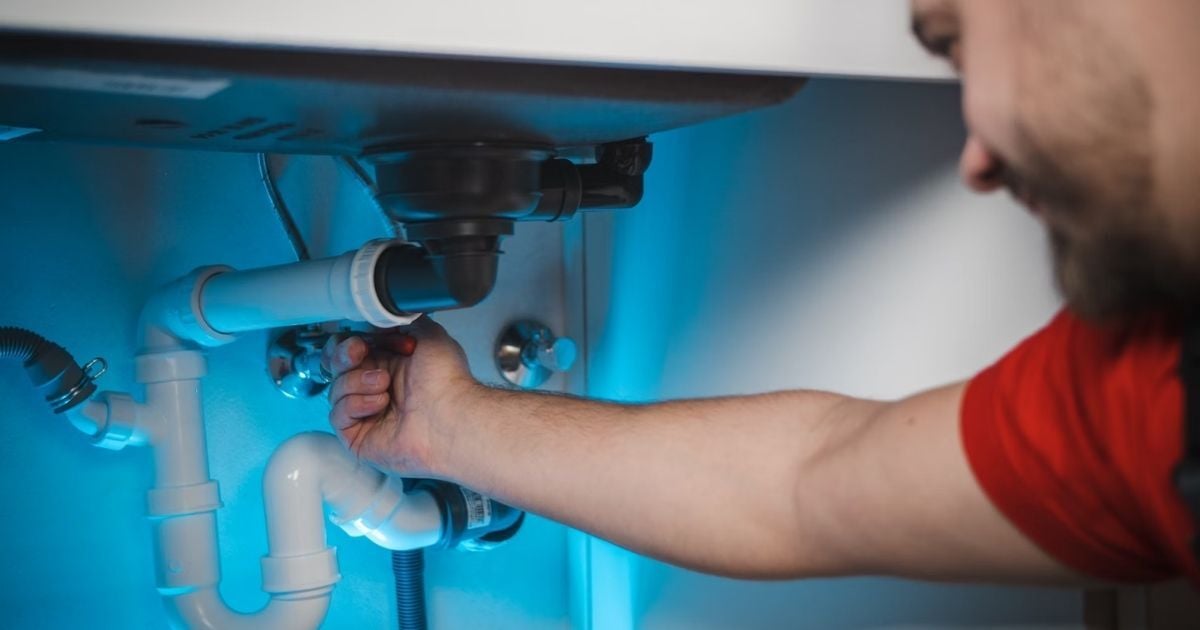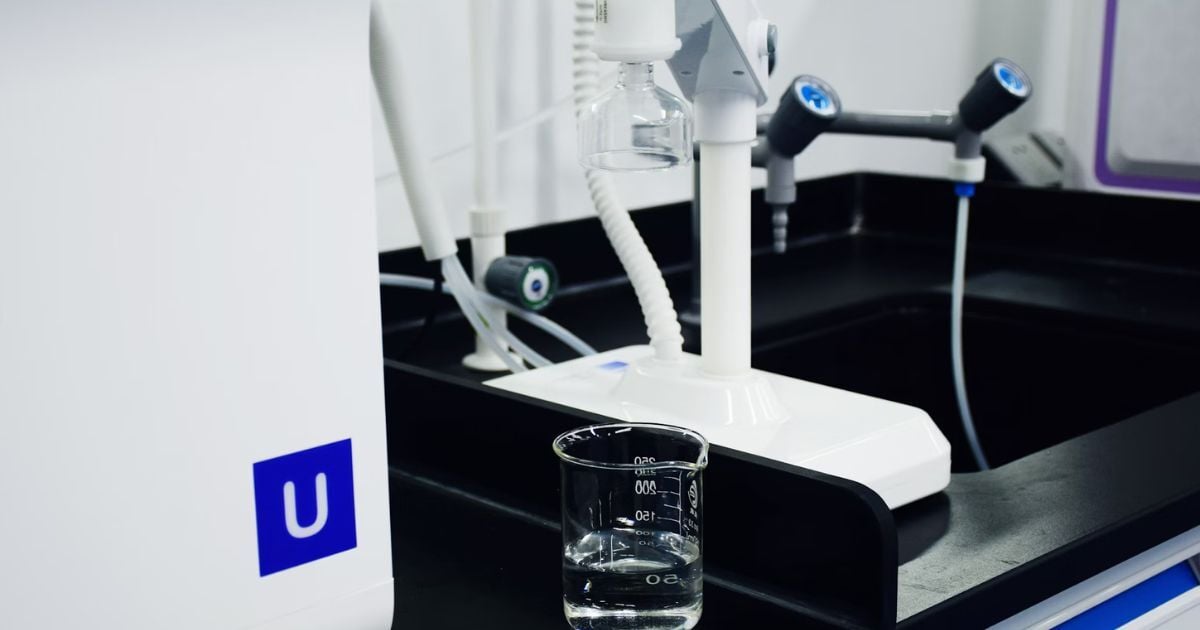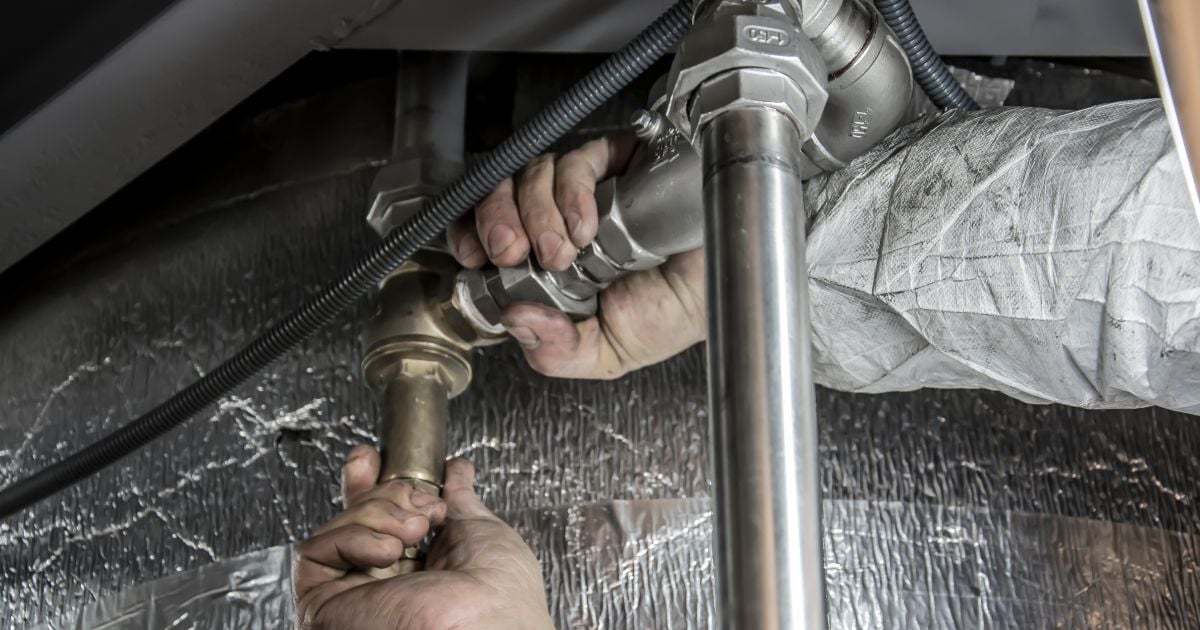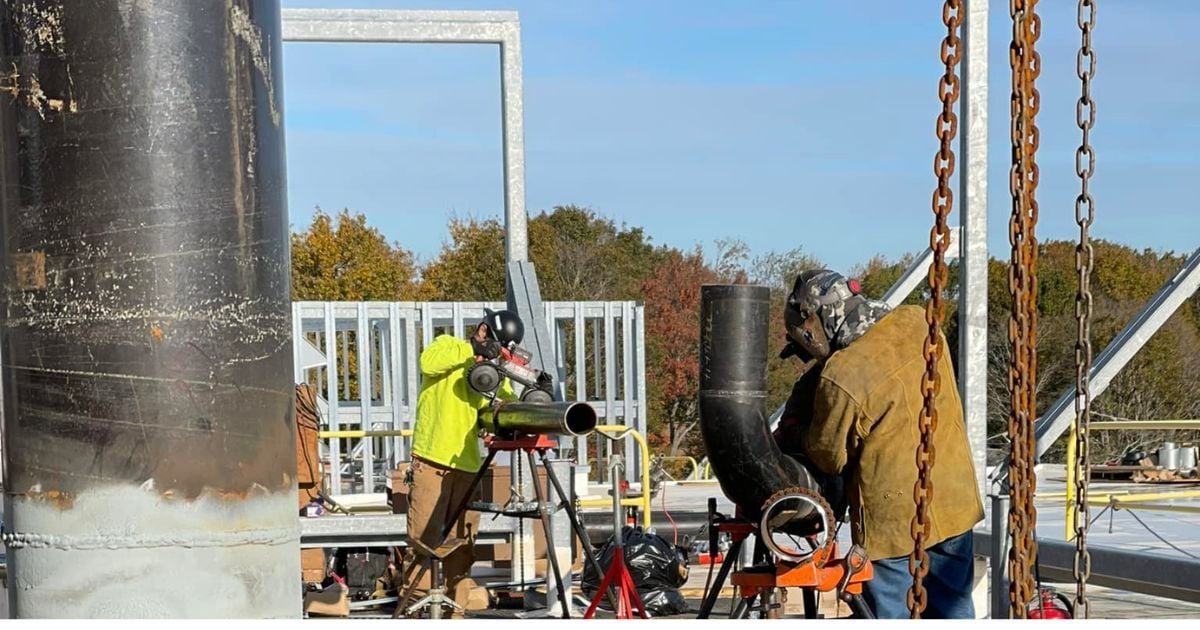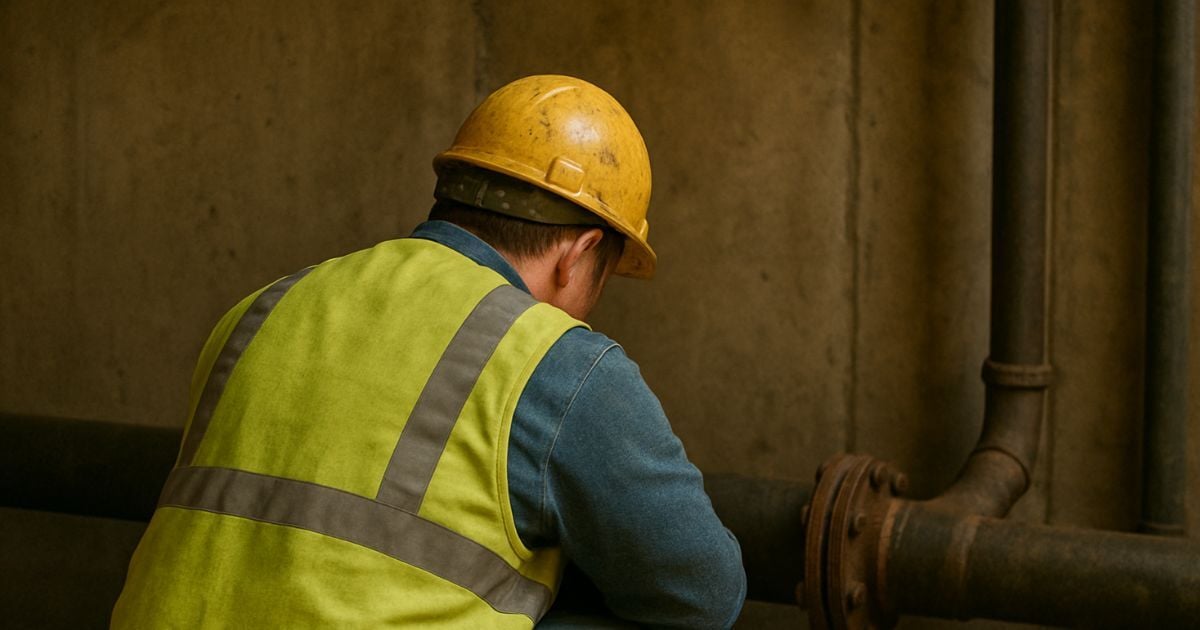When is the Best Time for HVAC and Plumbing Upgrades for a School?
August 25th, 2025
5 min read
By Lisa Flynn
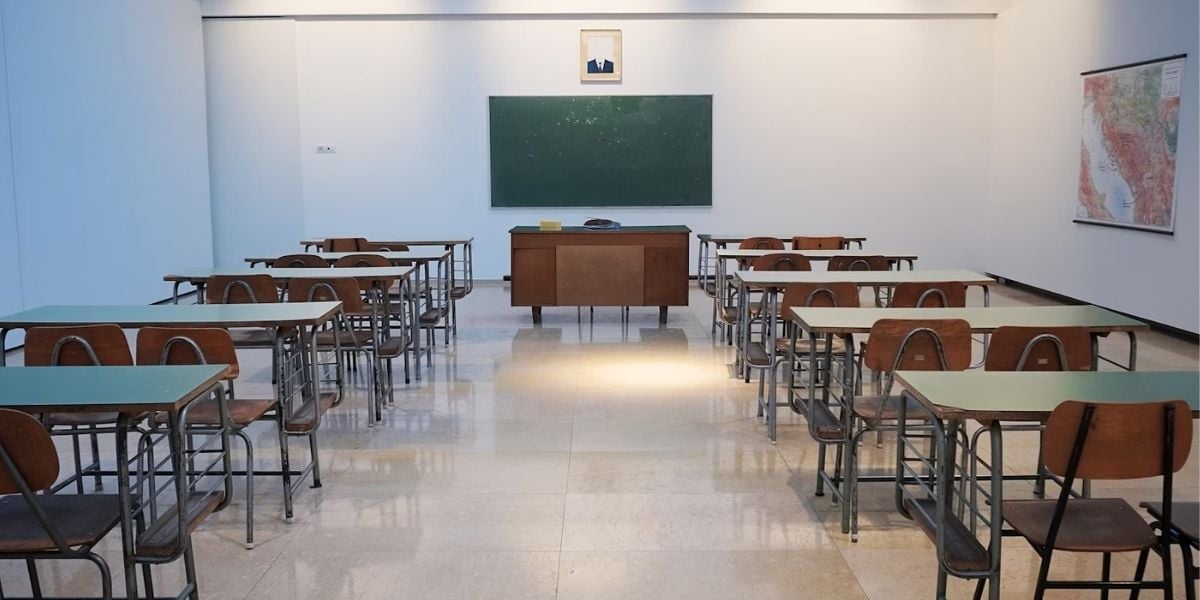
If you're a school administrator or facilities manager, you've probably asked: "When is the right time to upgrade our school’s plumbing or HVAC system?", especially when students are complaining that classrooms are too hot or your monthly utility bills keep climbing.
At Harold Brothers Mechanical, we’ve worked with many school districts facing this same question. While summer is often the first time that comes to mind, it’s not always the only, or best, option.
In this article, we’ll walk you through why plumbing and HVAC upgrades matter, why summer is so popular, and what other times of year might be a better fit depending on your school’s needs and schedule.
Why Plumbing and HVAC Upgrades Are So Important
Plumbing and HVAC systems are essential for maintaining a clean, safe, and comfortable school environment. When these systems aren’t working well, it can cause all kinds of problems, leaky pipes, poor air circulation, mold, water damage, or uncomfortable classrooms.
Old or outdated systems may not be able to keep up with the needs of today’s schools. You may have more students in the building, more staff, more restrooms, and higher expectations for indoor air quality, especially since COVID-19.
Plus, local and state regulations are getting stricter. More schools are being required to install energy-efficient HVAC units and plumbing fixtures that save water.
If you're dealing with frequent breakdowns or sky-high utility bills, a system upgrade can help solve these problems. But the key to success is timing it right.
Why Summer Is the Most Common Time for Upgrades
Most schools aim to do major construction and maintenance projects over summer break, and for good reason.
First, with students and staff out of the building, it's easier and safer to get big jobs done. Construction crews can move freely through classrooms, hallways, and mechanical rooms without worrying about getting in the way of learning.
Second, many plumbing and HVAC upgrades require shutting off water or heating and cooling systems. In summer, those systems aren’t as heavily relied on, so you can turn them off without disrupting instruction.
Finally, the schedule is more flexible. If a project takes longer than expected, there's usually a little buffer before the school year starts.
All of this makes summer a solid choice, but depending only on it can cause scheduling problems or even cost more. So, what are your other options?
Can Plumbing and HVAC Work Be Done at Other Times?
Yes, depending on the size and type of project, there are several other windows throughout the year when you can safely and efficiently perform this kind of work.
Let’s take a closer look at the alternatives.
Holiday Breaks
Winter break, spring break, and long weekends can be great times to tackle smaller upgrades. If you're just replacing a few sinks, fixing drainage issues, or swapping out an old unit, these breaks may give you enough time.
Keep in mind that cold weather during winter break could create delays, especially if outdoor work is involved. But for indoor plumbing or HVAC projects in warmer climates, it might be an ideal window.
Some schools even break larger projects into two phases, starting over winter break and finishing during the summer.
Weekends and After-Hours Work
If your upgrade doesn't require shutting down the entire building or turning off water and HVAC systems for long periods, you might be able to do the work after school hours or on weekends.
For example, installing new thermostats or working in one section of the school at a time could be done this way. Yes, after-hours labor may cost more, but it also avoids disrupting learning.
This approach works best if you plan far in advance and communicate clearly with your maintenance staff, custodians, and any contractors involved.
Teacher Workdays or PD Days
Many schools have professional development days or teacher planning days when students stay home. These days can be good opportunities for brief shutdowns or prep work. You might be able to shut off water or HVAC systems temporarily to make quick fixes or complete inspections.
These aren’t ideal for full upgrades, but they can help keep things moving between larger projects.
Phased Work Over the School Year
Large plumbing or HVAC projects don’t always have to be done all at once. Some schools choose to break them up into phases. For example, one wing of the building might get updated over fall break, another during spring, and the final part during summer.
This kind of planning takes time and coordination, but it allows you to avoid overloading the summer schedule and still meet your long-term goals.
How to Decide the Best Timing for Your School
Choosing the right time to upgrade your plumbing or HVAC system depends on several factors.
Start by thinking about how large the project is. If you're replacing a water main or installing new rooftop HVAC units, you’ll probably need a full shutdown. But if you’re just replacing valves, thermostats, or sinks, that work might be done while school is still in session.
Next, look at your school calendar. Are there any weeks or days when students aren’t on campus? Those small windows might give you just enough time to get started or finish without waiting for summer.
Also, talk with your contractor early. Good HVAC and plumbing pros often get booked months in advance, especially for summer jobs. If you wait too long, you may not get your top choice or may have to pay extra to squeeze into their schedule.
You should also check with your local city or county to find out how long permits and inspections will take. Delays in paperwork can hold up your project if you’re not prepared.
Finally, think about your funding. Are you using grant money or ESSER funds? Some programs have strict deadlines, which could affect when you need to start.
Mistakes to Avoid When Planning
One of the biggest mistakes schools make is assuming all the work must be crammed into the summer. That often leads to rushed jobs, missed deadlines, and higher costs.
Another common problem is waiting too long to schedule the contractor or order parts. Right now, some HVAC and plumbing materials are still delayed due to supply chain issues. If you don’t start early, your project may not be finished on time.
The best solution? Start planning in the fall—even if the work won’t happen until summer. That gives you enough time to build a smart schedule, gather the materials, and avoid last-minute headaches.
So, When Should You Upgrade?
Here’s a general rule of thumb:
- If the job shuts down the whole school or impacts water and air throughout the building, summer is likely your best bet.
- If the work is smaller, more focused, or able to be broken up, other options—like holiday breaks or phased work—can save time and stress.
Here’s how it might look:
- Small projects like replacing sinks, installing low-flow toilets, or adjusting thermostats: these can often be done on weekends, after hours, or during short breaks.
- Medium projects like updating piping in part of the building or replacing classroom units: plan for holiday breaks or teacher workdays.
- Major upgrades like full system replacements: start planning in the fall and aim to do the main work over the summer.
If you’re unsure which category your project falls into, consider reaching out to a licensed contractor who works with schools. They’ll help you assess your system and recommend the best timeline.
What Should You Do Next?
If your school has an aging plumbing or HVAC system, the time to start planning is now, not later.
Start with a walkthrough of the building to identify areas where things are breaking down or not performing well. Ask a trusted contractor to do a full system review and give you a plan for what needs to happen and when.
Once you understand your options, you can build a schedule that works for your school calendar, staff, and students.
You Have More Flexibility Than You Think
If your goal is to create a safer, more comfortable, and energy-efficient school environment, the timing of your upgrade is just one piece of the puzzle. Ongoing maintenance plays a major role in keeping your HVAC system running at its best year-round.
At Harold Brothers Mechanical, we not only help schools plan and complete upgrades, but we also support them with long-term maintenance strategies that protect their investment.
Your next step? Read our article Why Purchase an HVAC Maintenance Contract to see how regular service can prevent costly breakdowns and extend the life of your system.
FAQ
- Can school HVAC and plumbing upgrades be done during the school year?
Yes. Small or phased projects can be scheduled during winter/spring breaks, weekends, after hours, or even teacher workdays with proper planning and communication.
- How do I know if our school’s systems need to be upgraded?
Look for signs like frequent breakdowns, poor air quality, leaky pipes, or high utility bills. A walkthrough with a licensed contractor can help assess what needs attention and when.
- What’s the first step in planning an upgrade?
Start with a professional walkthrough of your building. Then schedule a consultation with a licensed contractor to build a timeline, budget, and plan that fits your school’s needs,
- Can large HVAC/plumbing projects be broken into phases?
Absolutely. Many schools phase major work over fall, spring, and summer breaks to minimize disruption and spread out costs and labor.
With over 39 years of experience in the HVAC industry, Lisa Flynn brings a wealth of knowledge, reliability, and proven leadership to every project. She has a demonstrated track record of managing and mentoring HVAC service technicians while collaborating closely with project managers to ensure the successful execution of construction projects. Lisa's expertise spans a broad range of critical functions, including dispatching service calls, budget preparation and management, billing and collections, and project quoting. She has cultivated strong client and customer relationships through her attention to detail and commitment to delivering exceptional results. From marketing and advertising initiatives to equipment procurement, tracking, and project close-outs, Lisa consistently drives efficiency and excellence at every stage. Her hands-on approach and dedication to exceeding expectations make her a trusted partner for clients and colleagues alike.
Topics:






